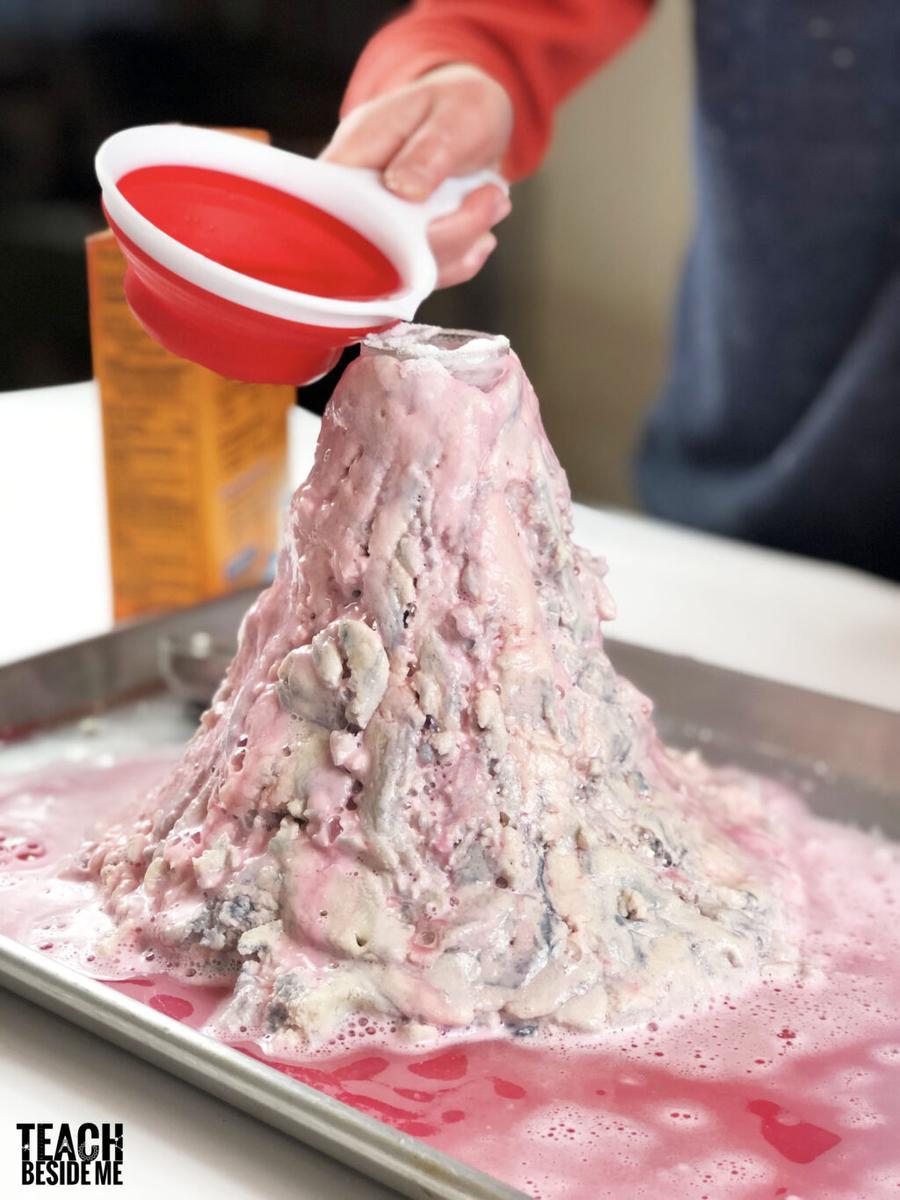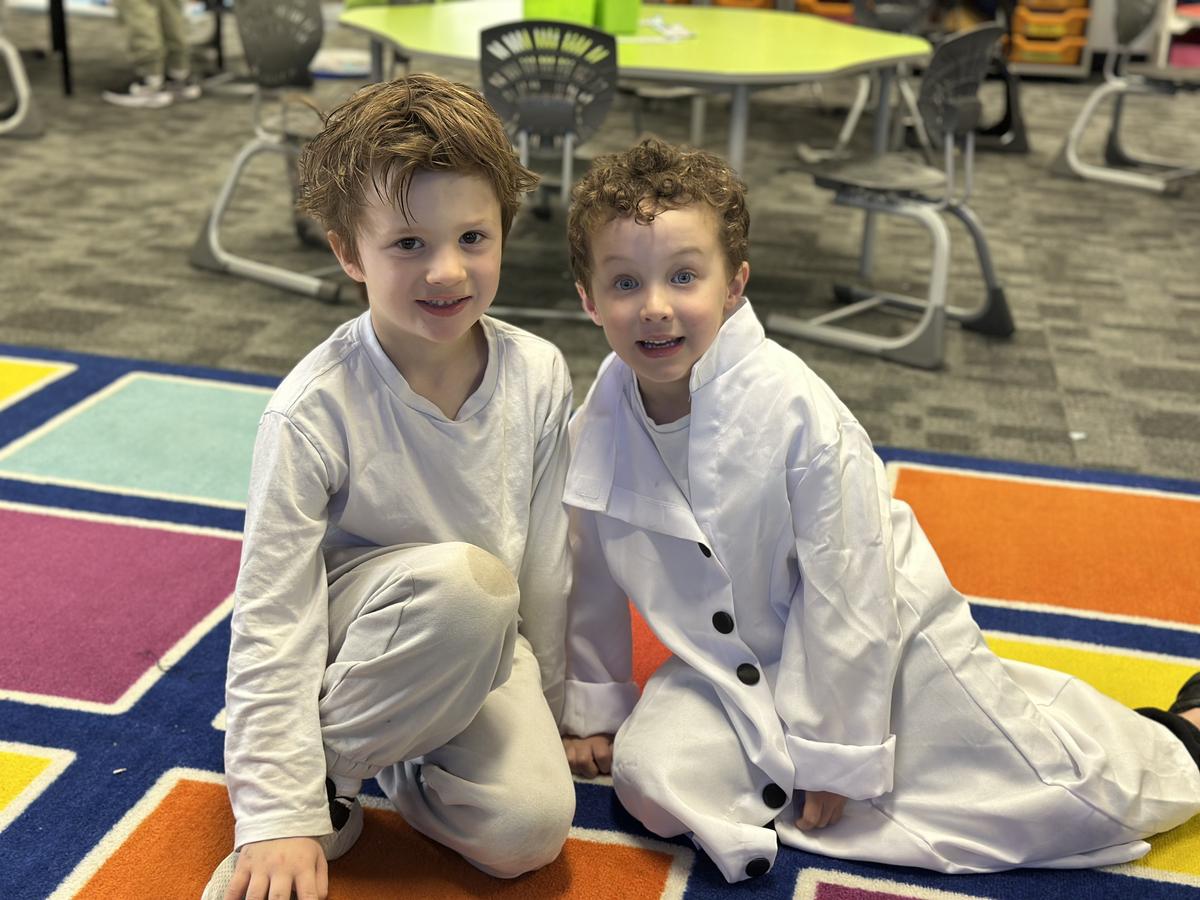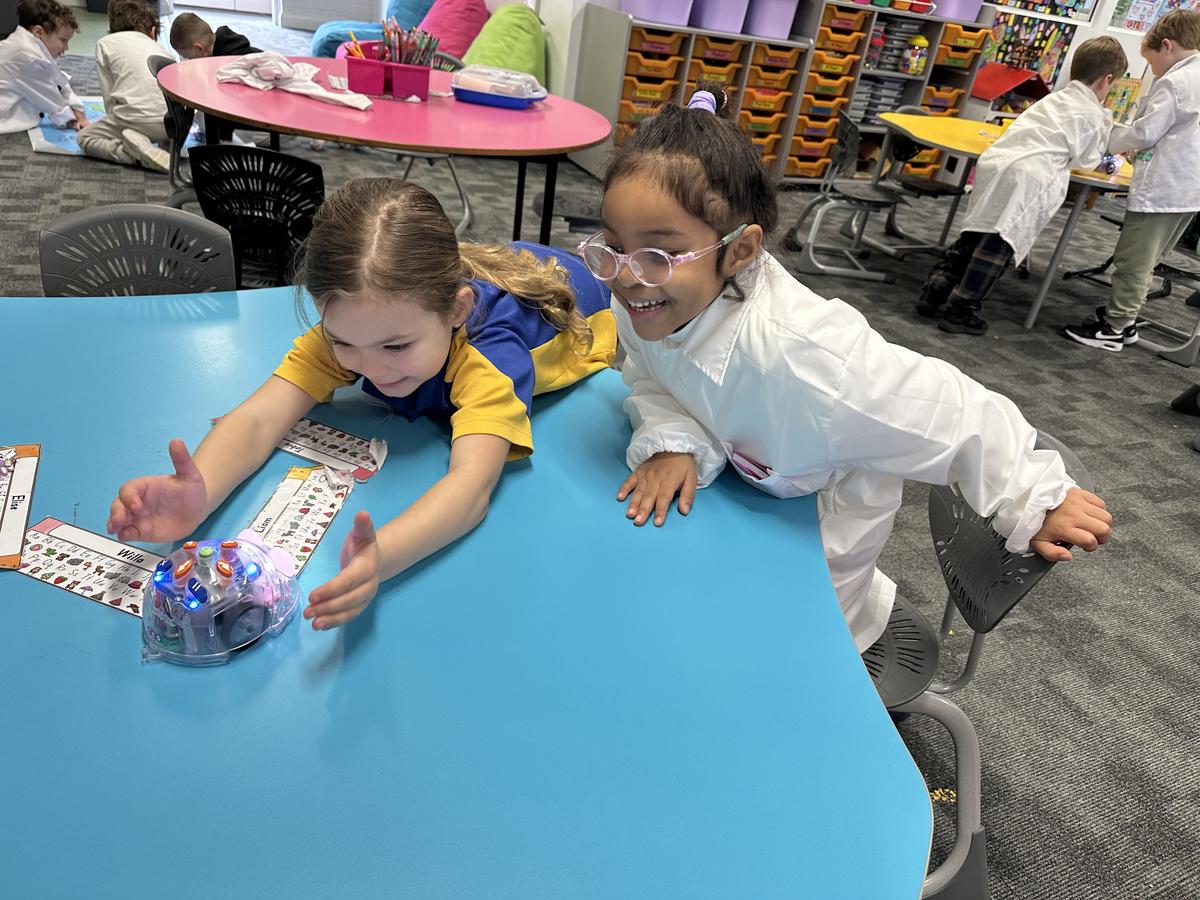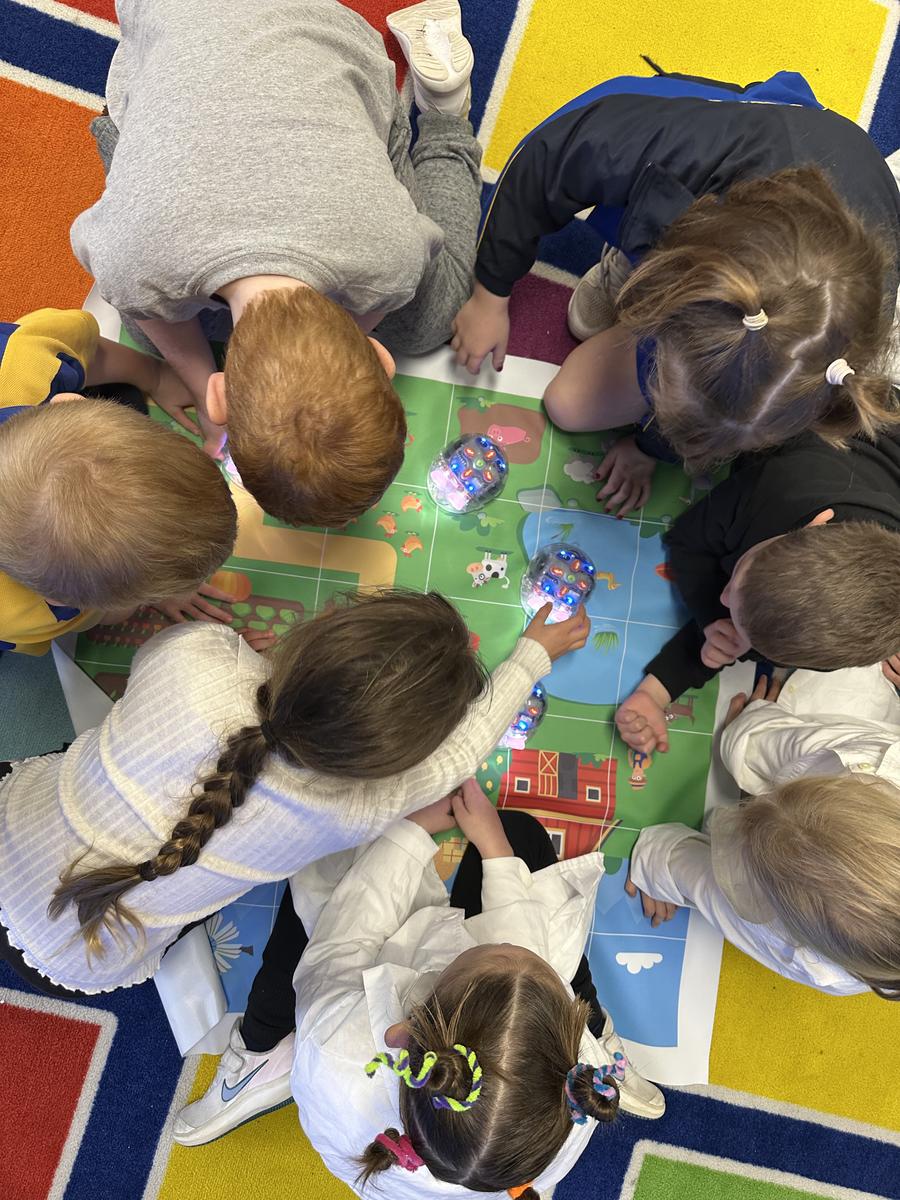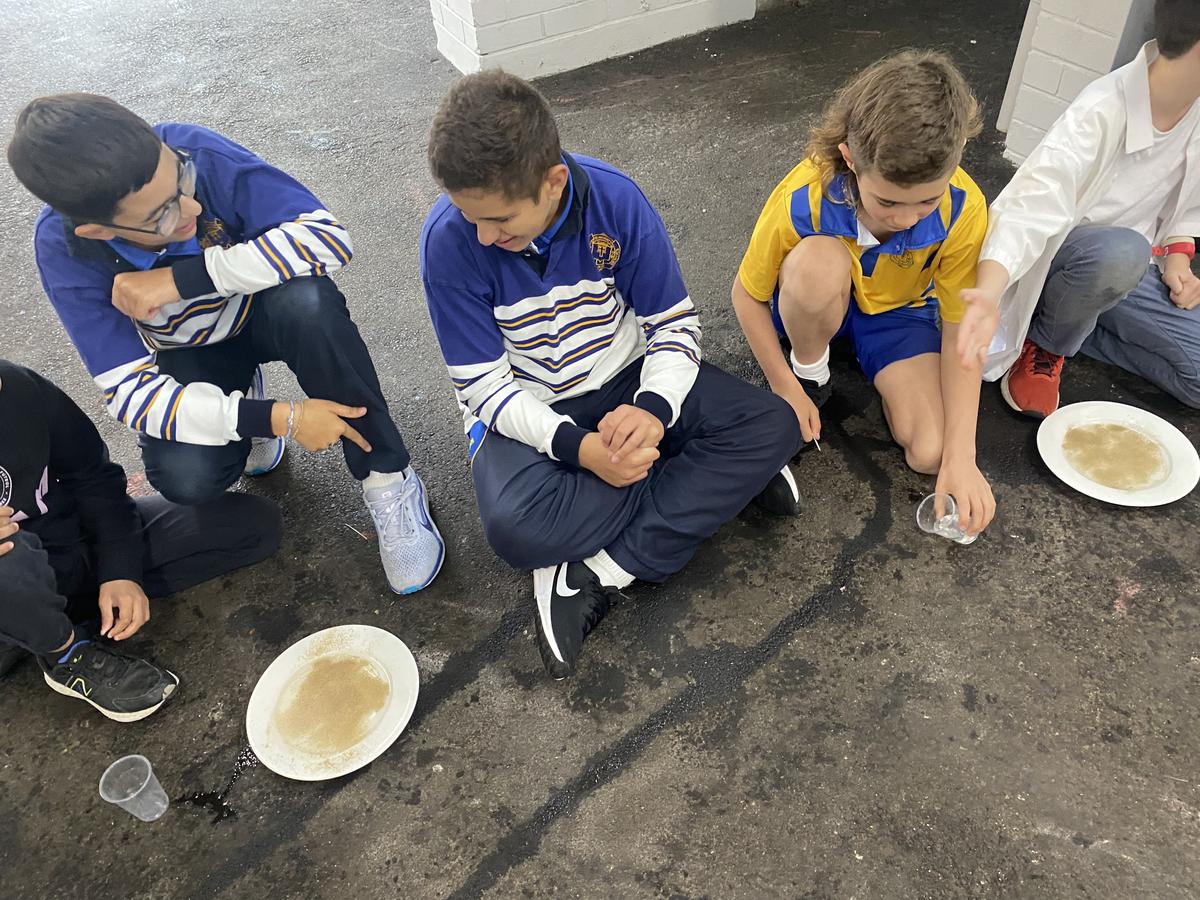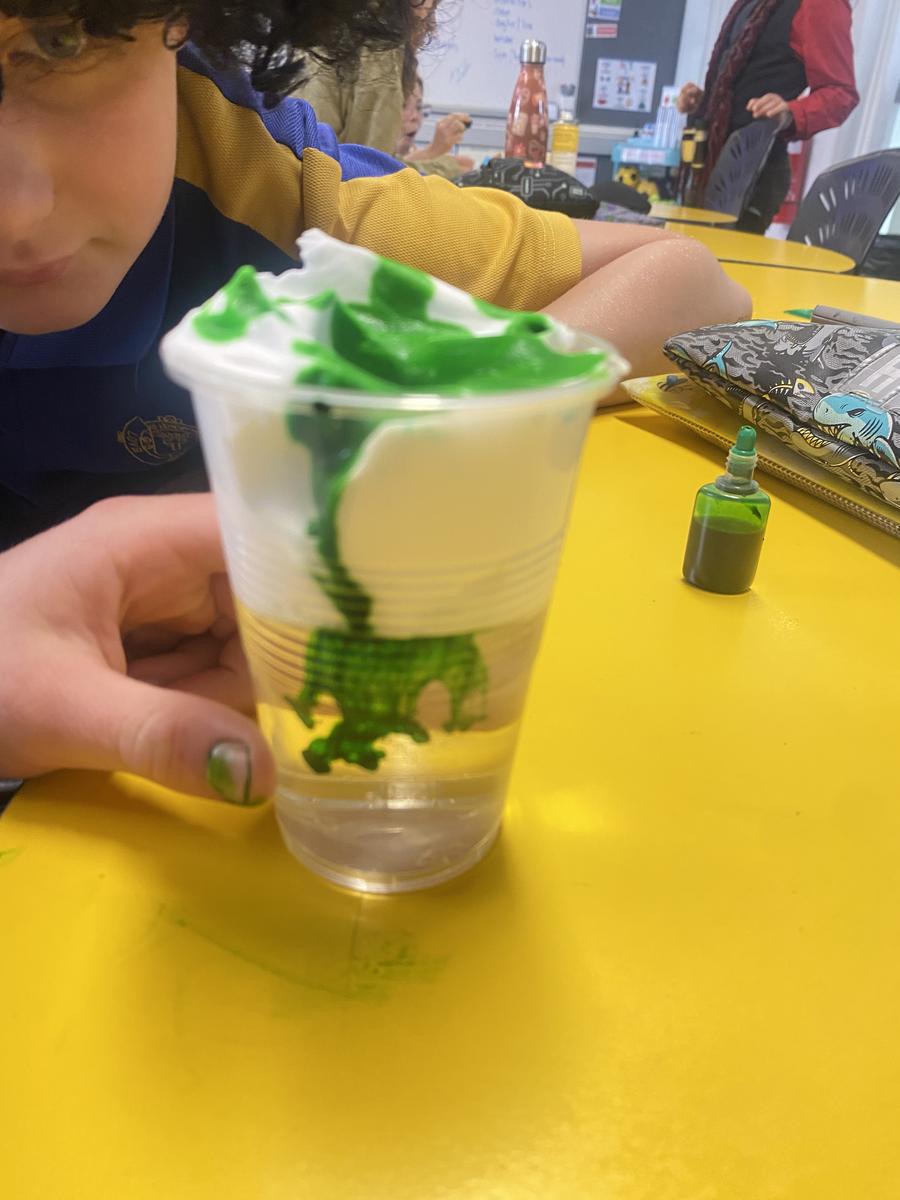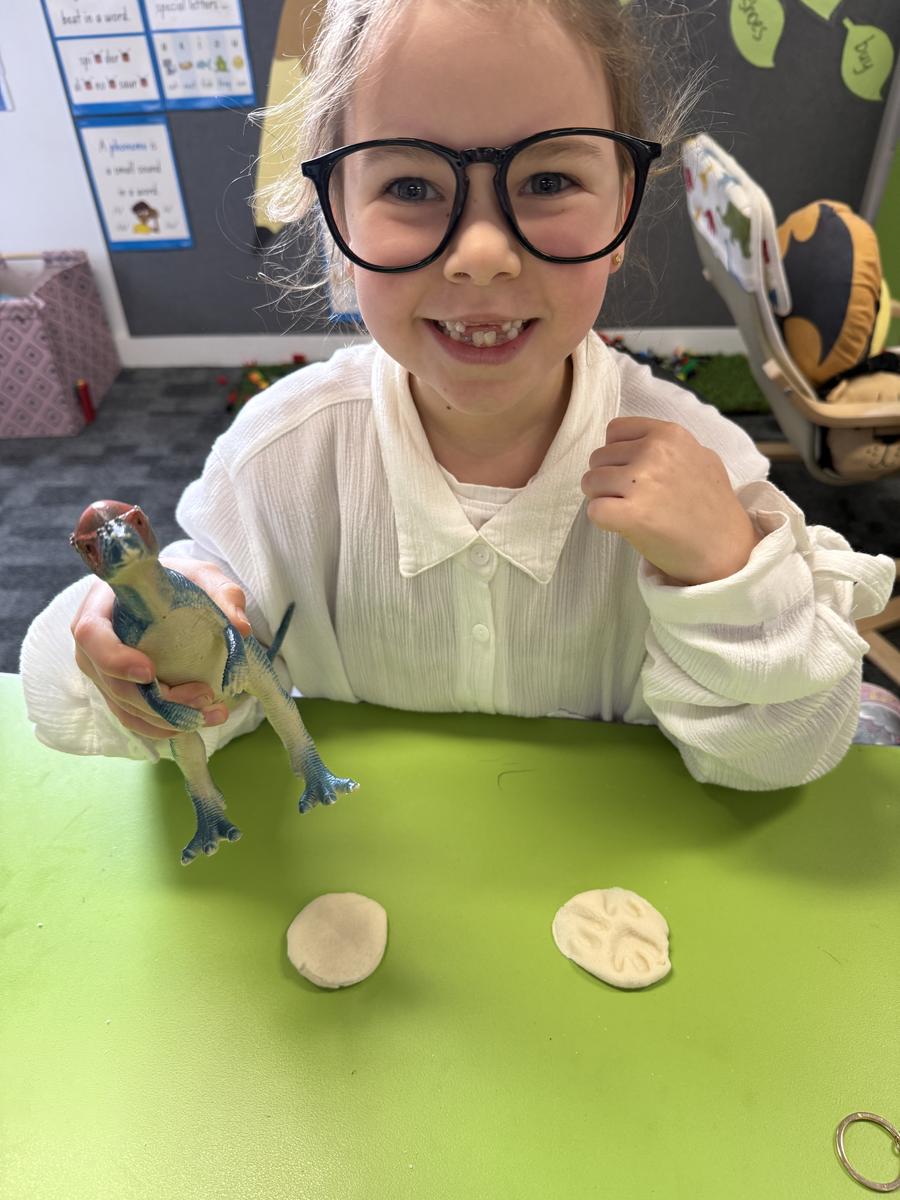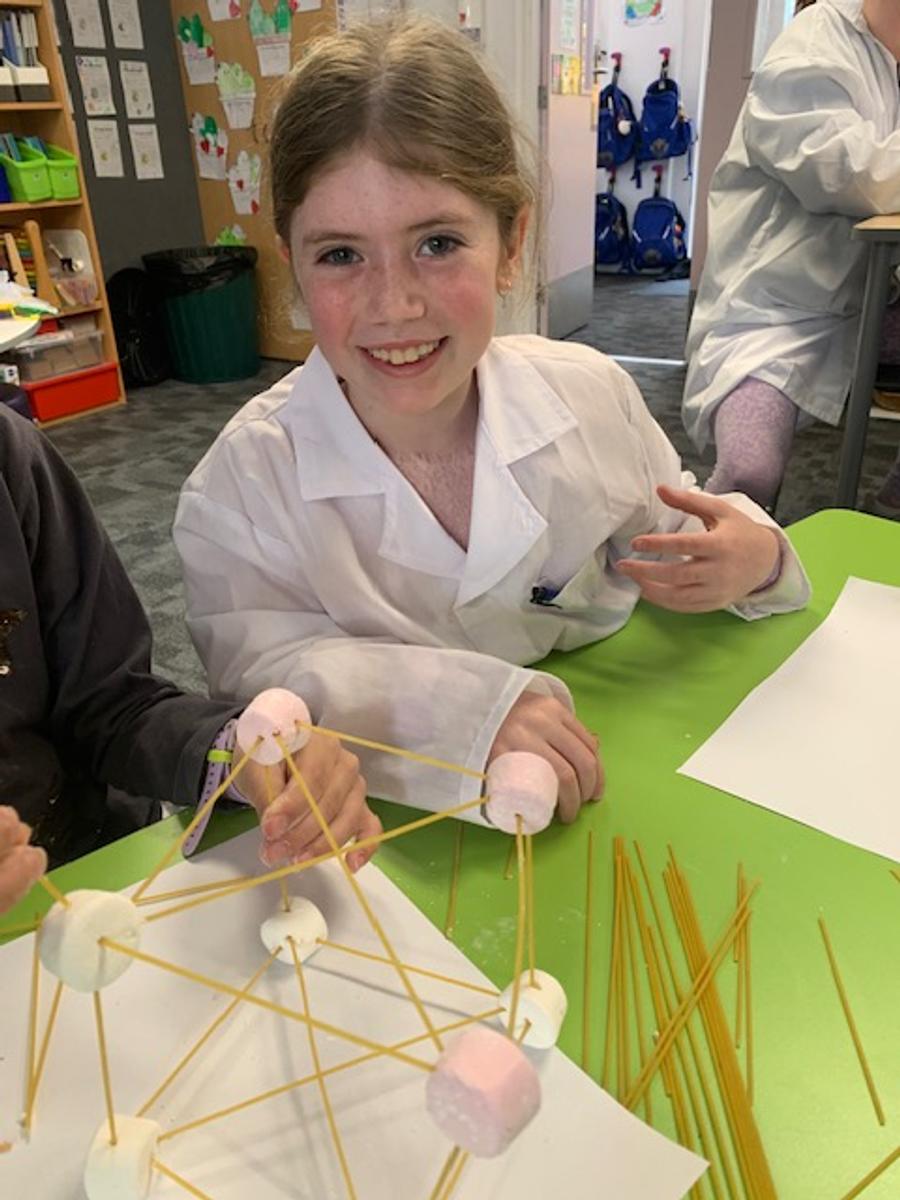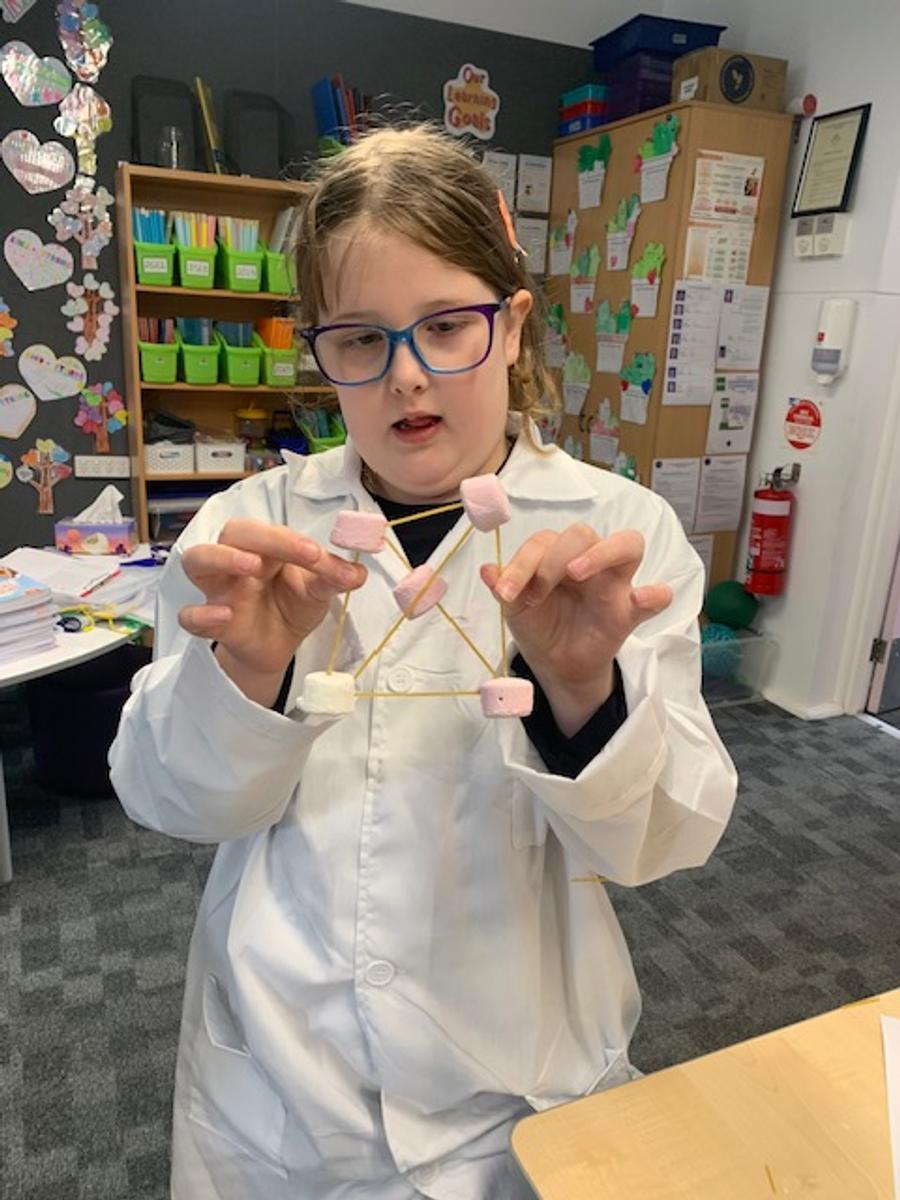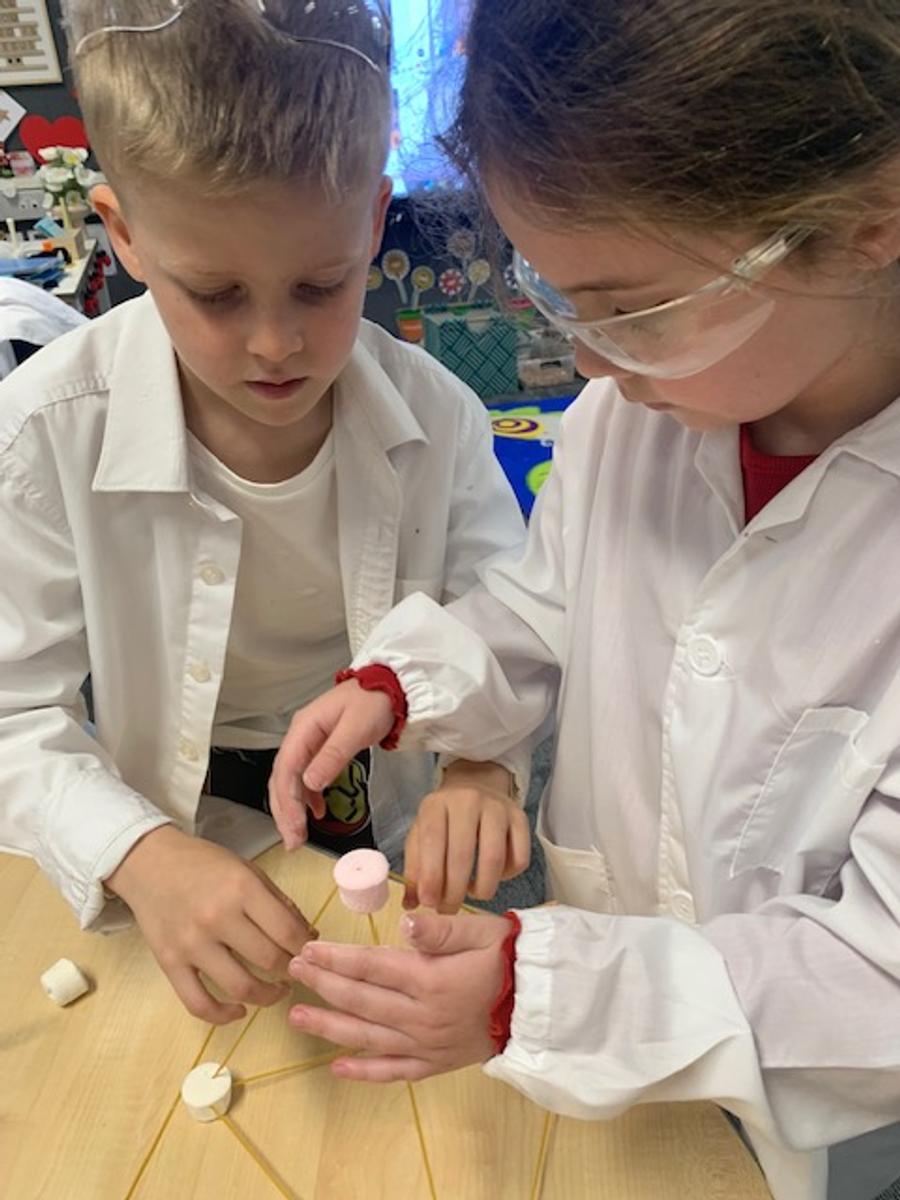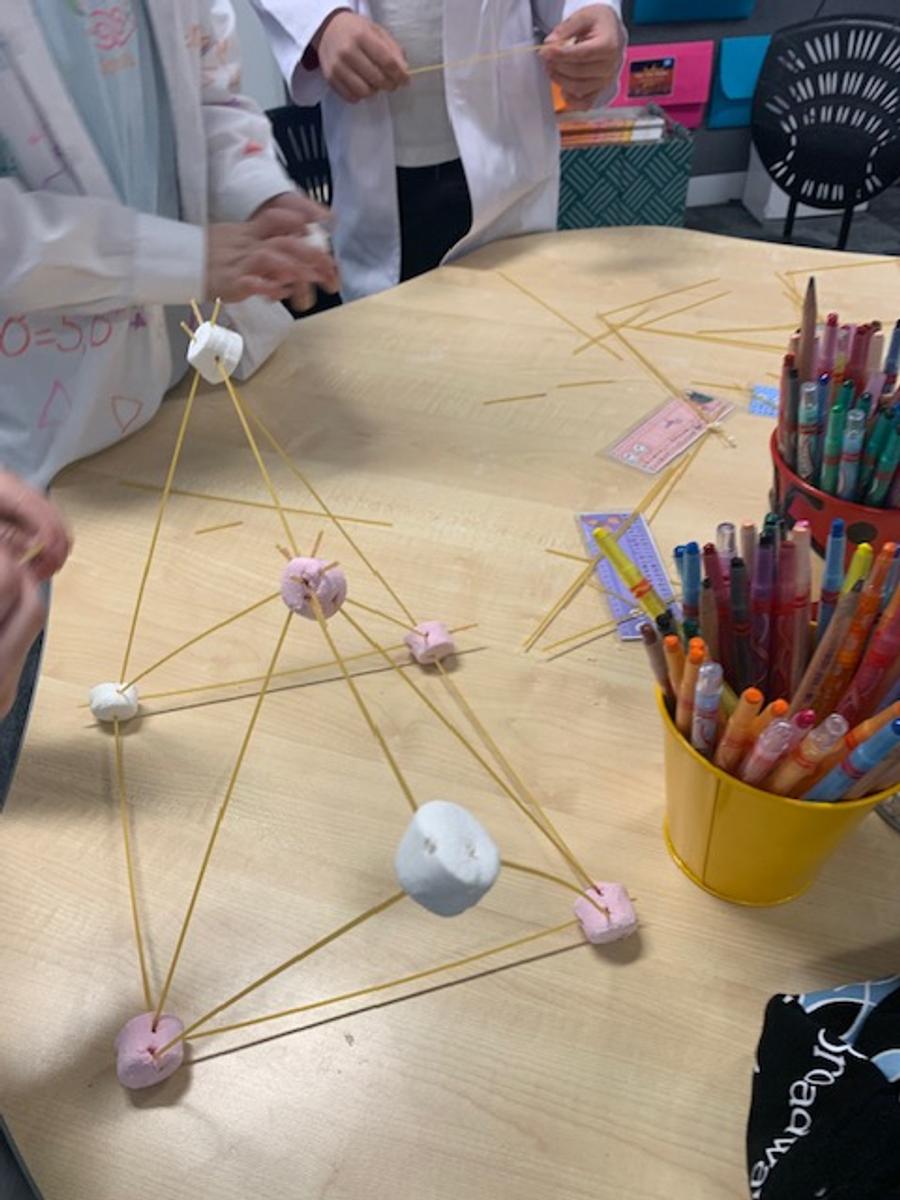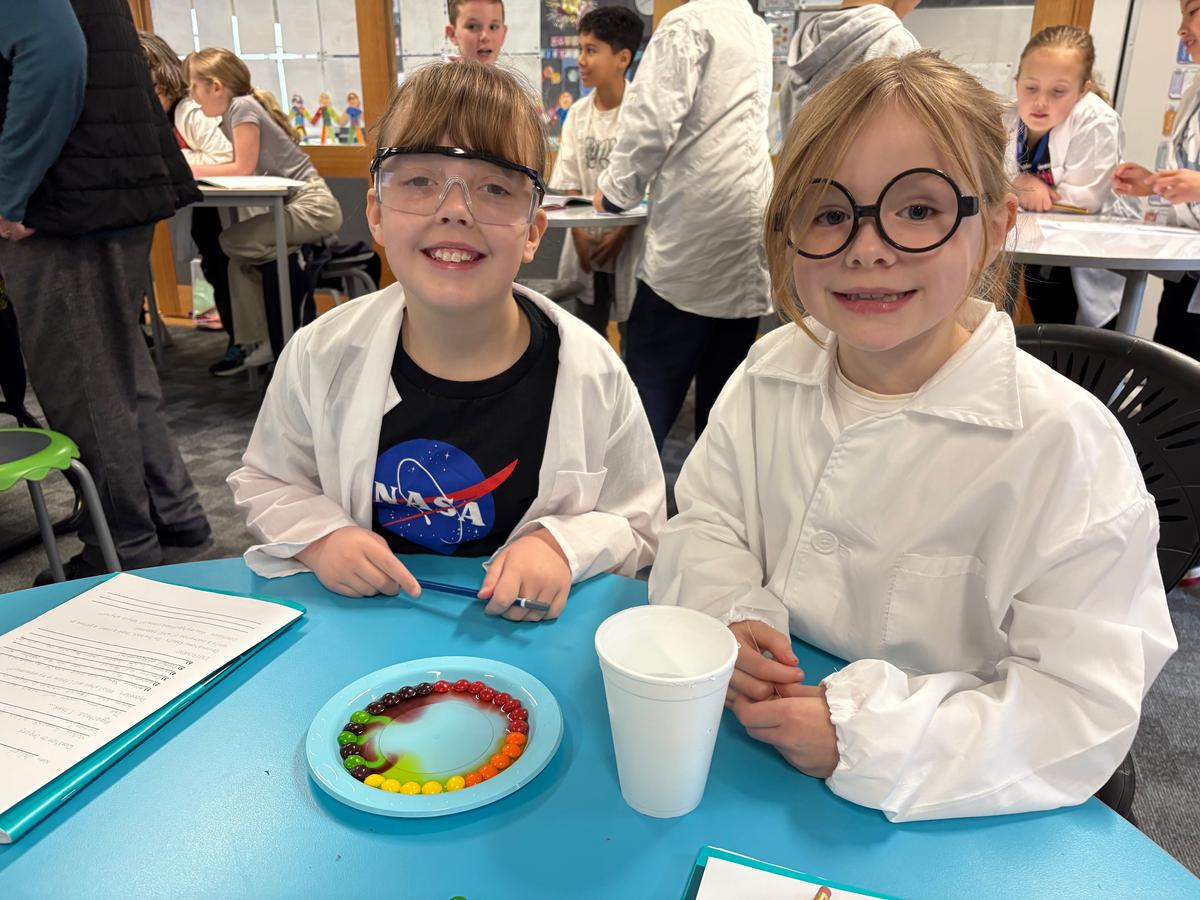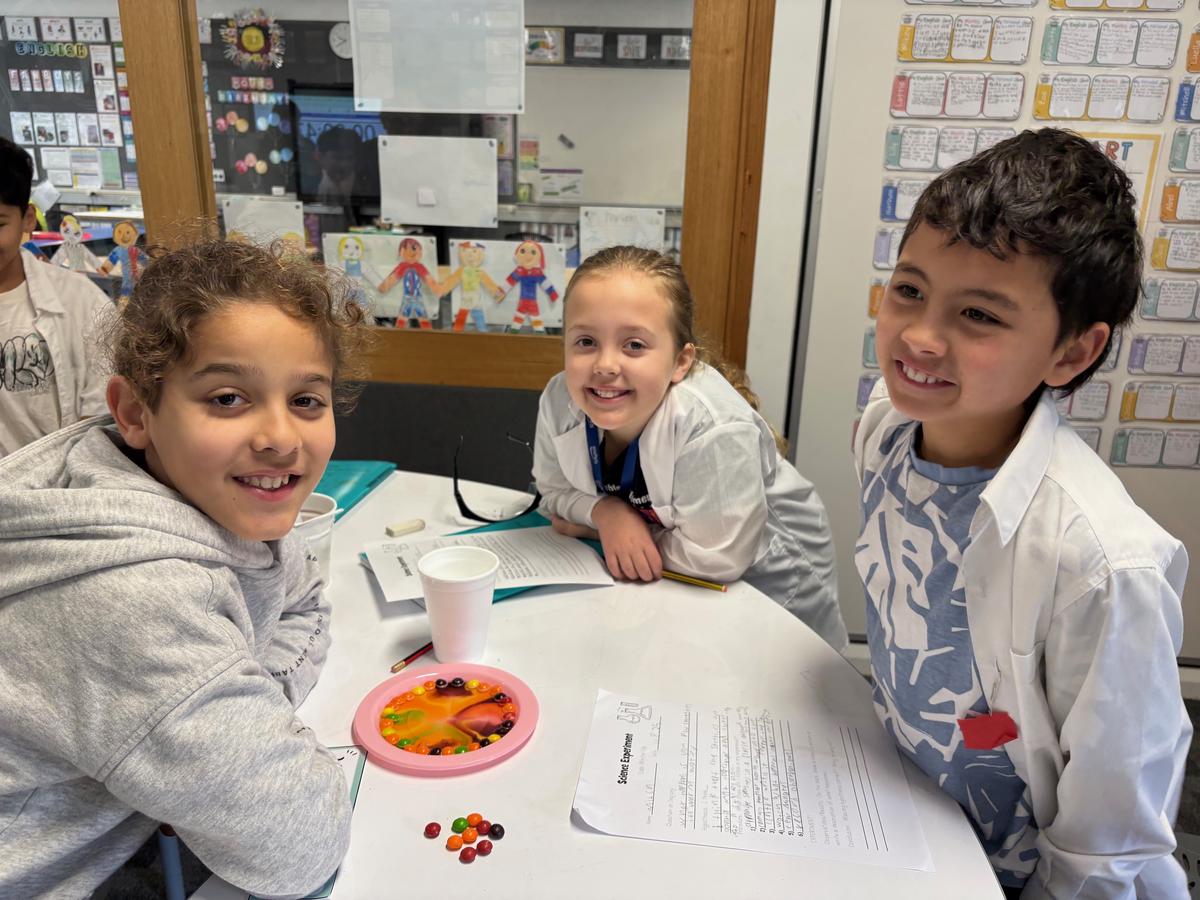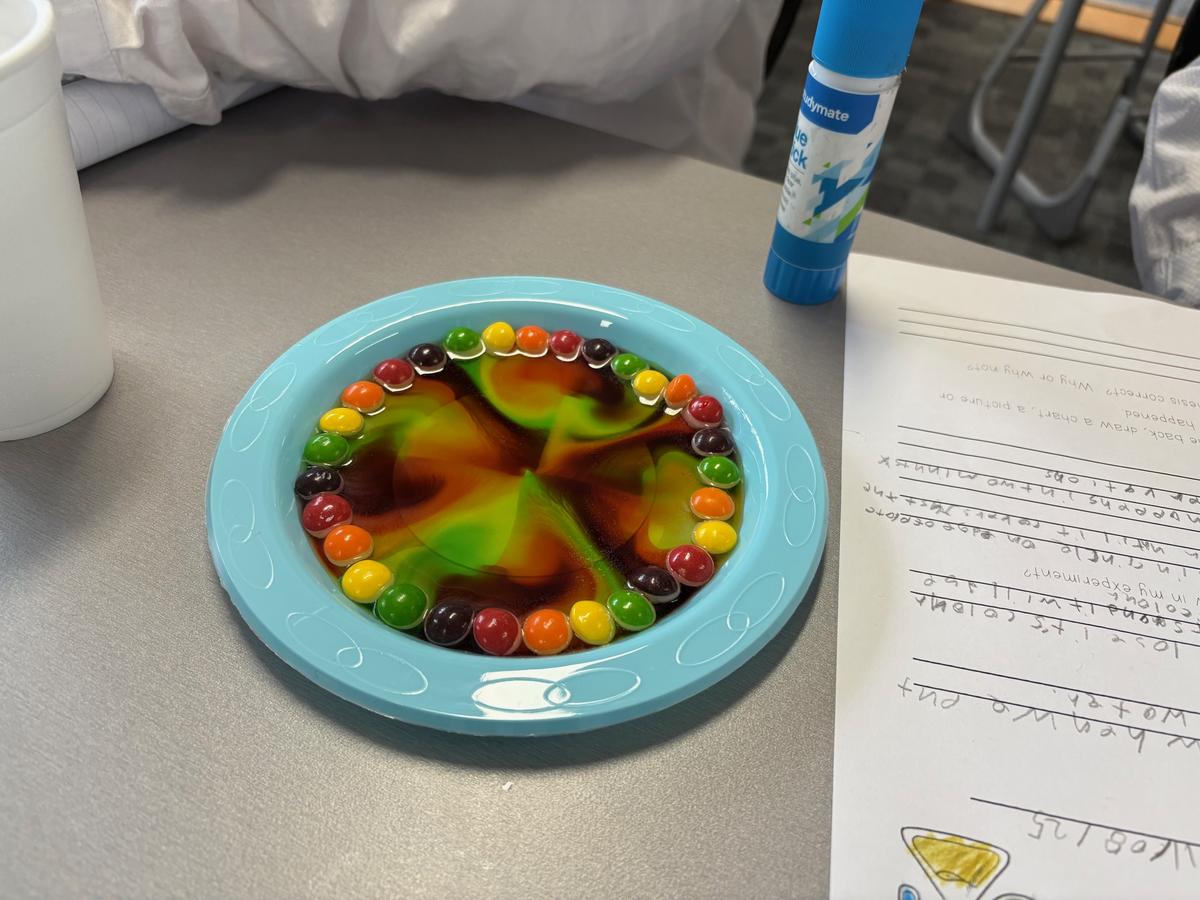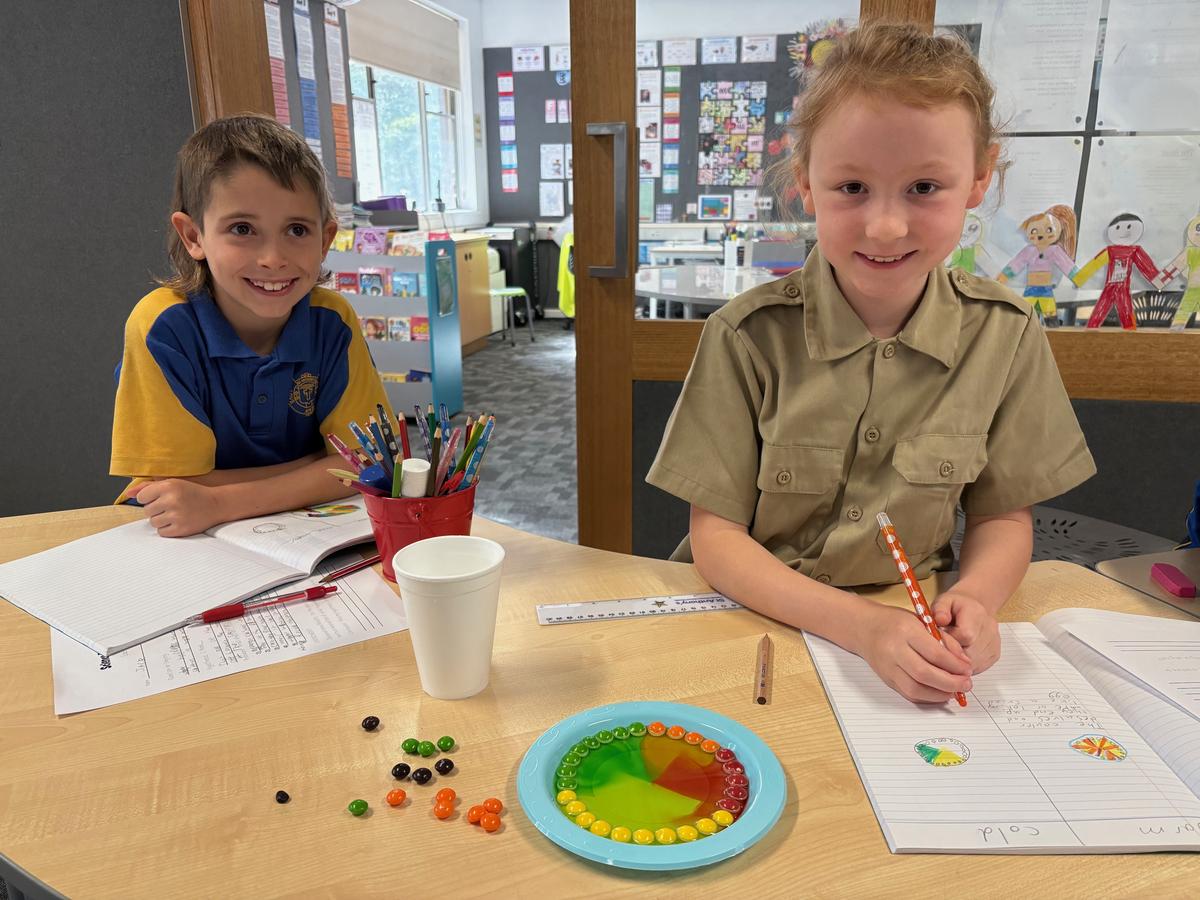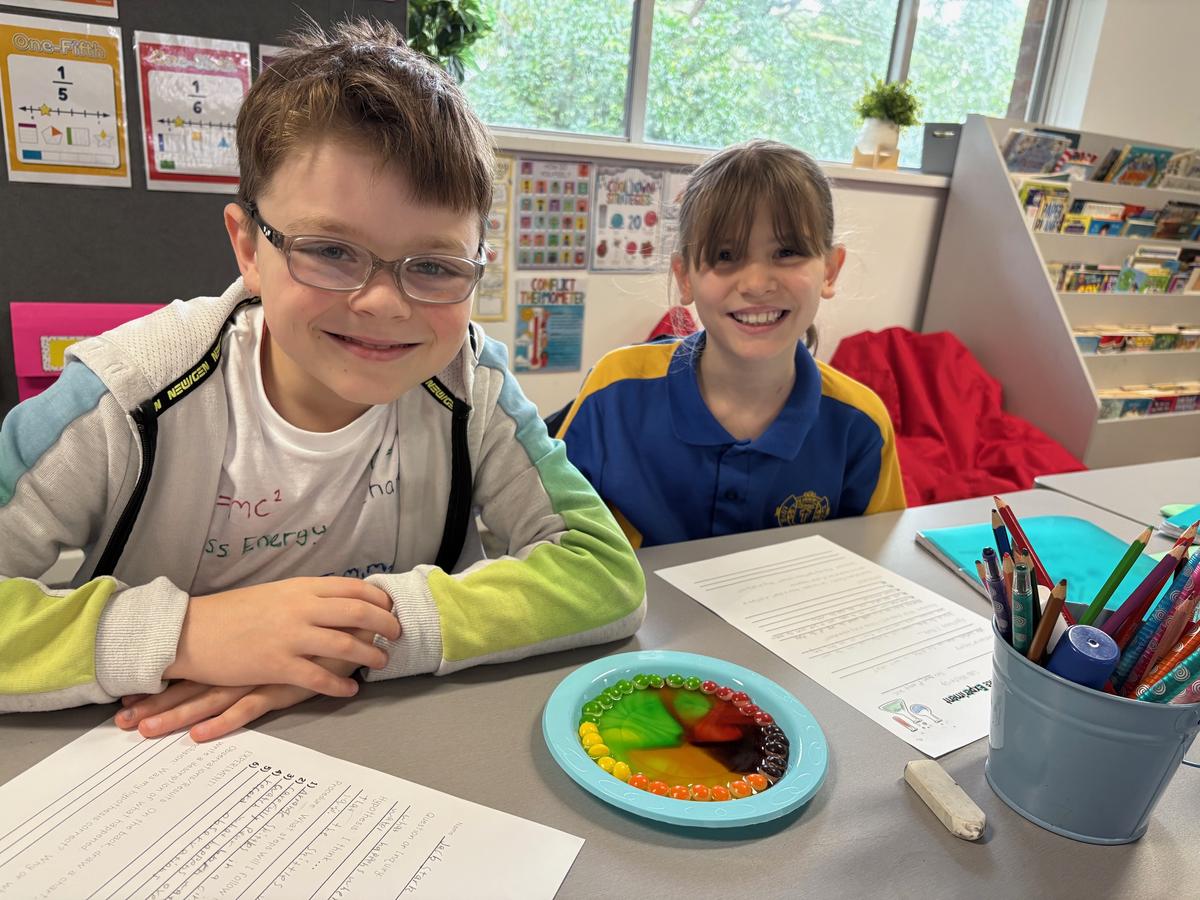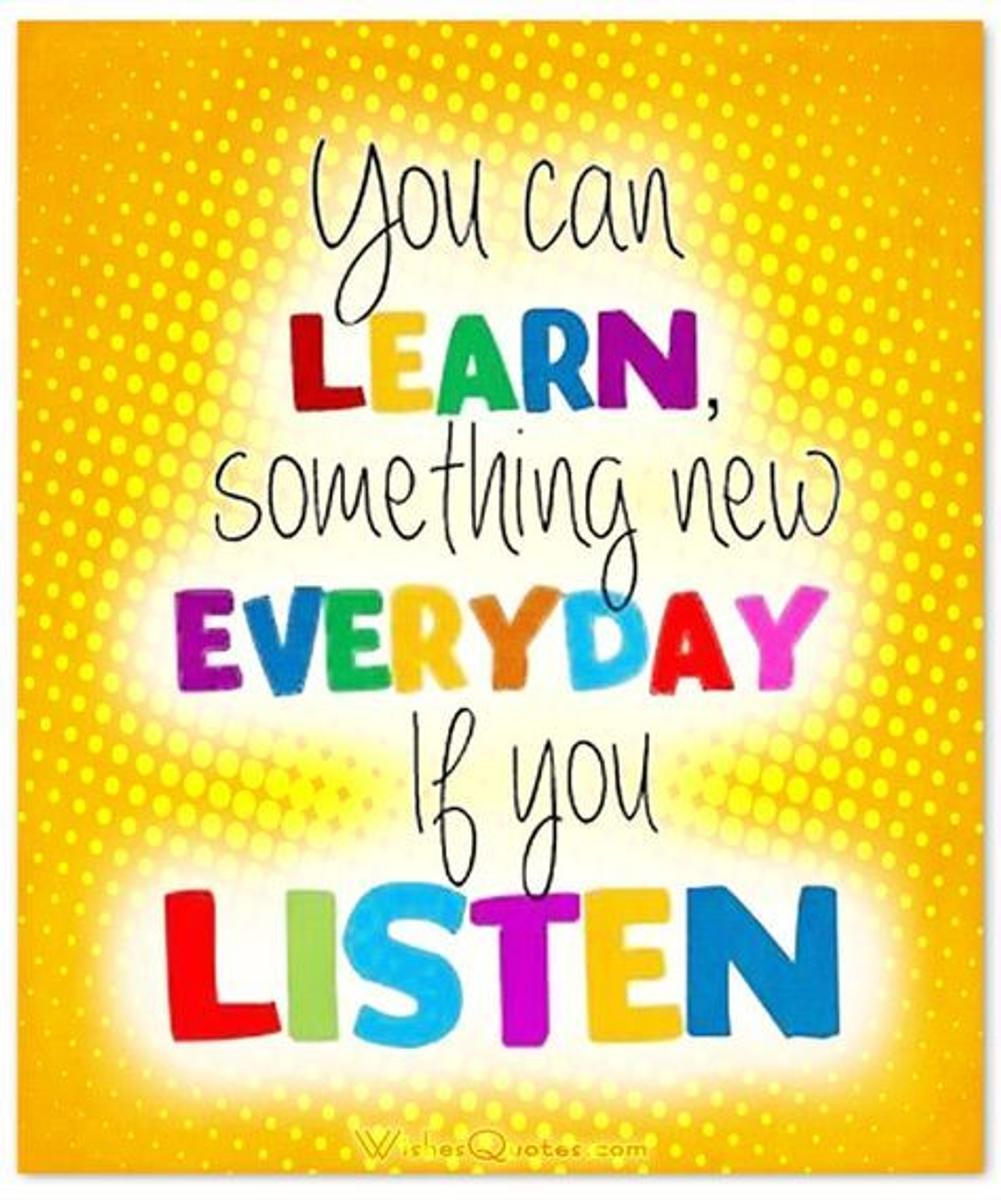Curriculum News
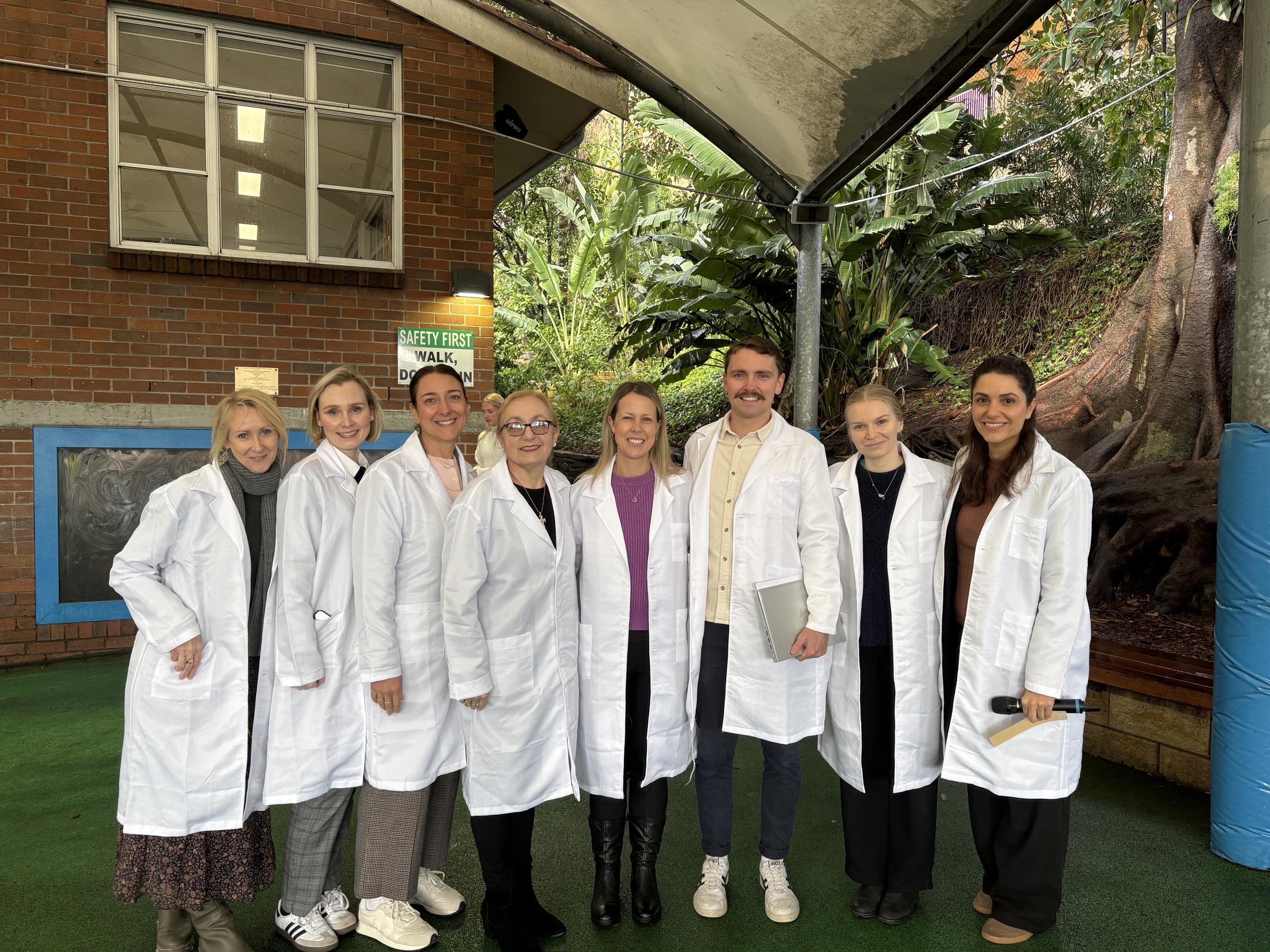
Why is Science important in our children's lives?
Science is crucial in children's lives and schooling because it fosters critical thinking, problem-solving, and a deeper understanding of the world around them. It ignites curiosity, encourages exploration, and equips them with essential skills for future academic and professional success. Science education also promotes teamwork, communication, and the ability to evaluate information, which are vital for navigating an increasingly complex world.
Science helps children make sense of the world. Whether they're wondering why the sky is blue or how their pets digest food, science gives them tools to explore, ask questions, and seek answers.
Critical Thinking and Problem Solving:
Science, particularly through hands-on activities and experiments, encourages children to observe, question, and analyze information, developing critical thinking and problem-solving skills. These skills are not limited to science but are transferable to all areas of learning and life.
Curiosity and Exploration:
Children are naturally curious, and science provides a structured way to explore their
environment, ask questions, and seek answers. This fosters a lifelong love of learning and a desire to understand the world.
Communication and Collaboration:
Many science activities involve teamwork and group work, encouraging children to communicate their ideas, listen to others, and collaborate to solve problems.
Science also makes learning fun. Volcano eruptions made from baking soda and vinegar? That's science in action, and kids love it!
Working together for our students,
Leanna Langlands
Instructional Specialist
